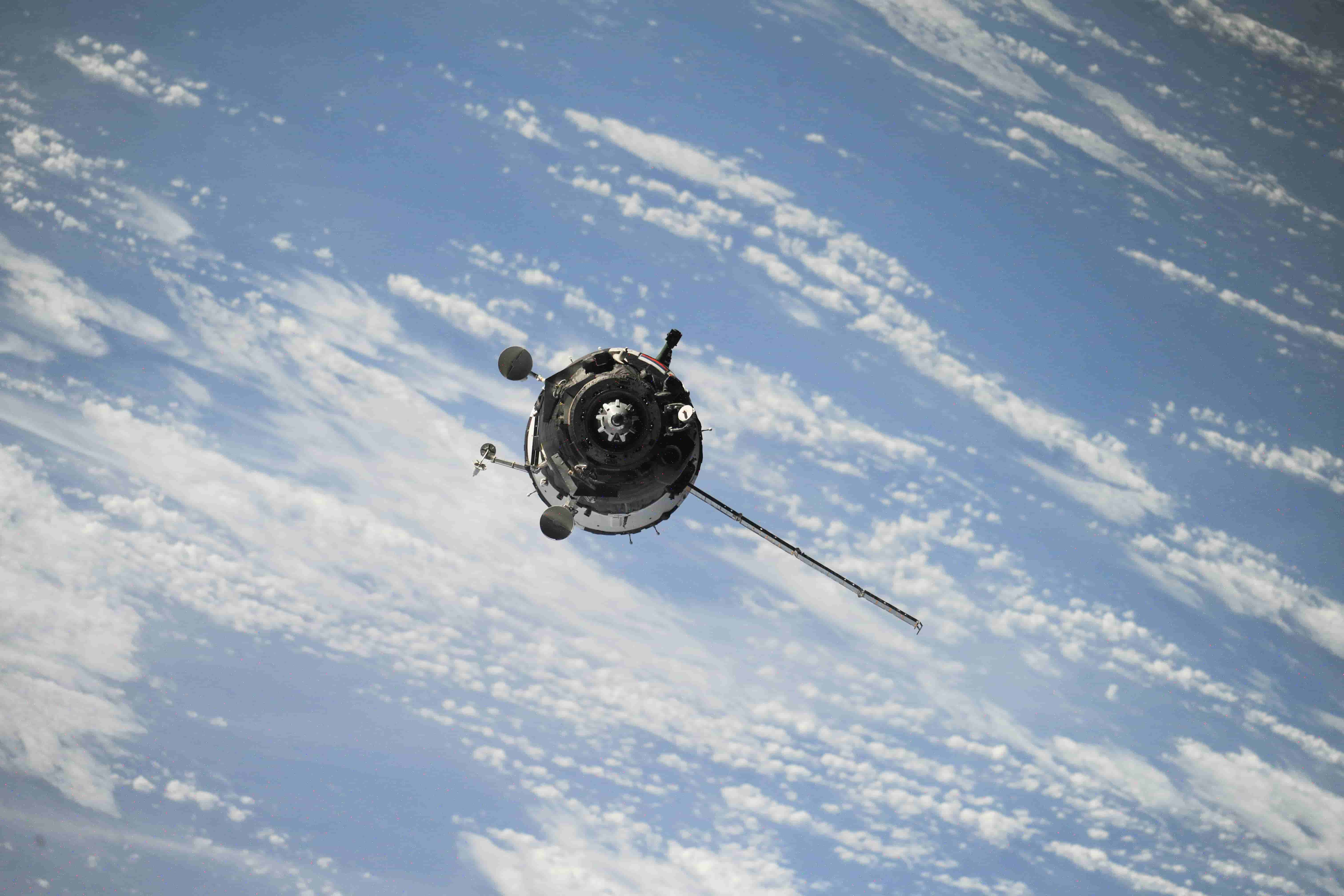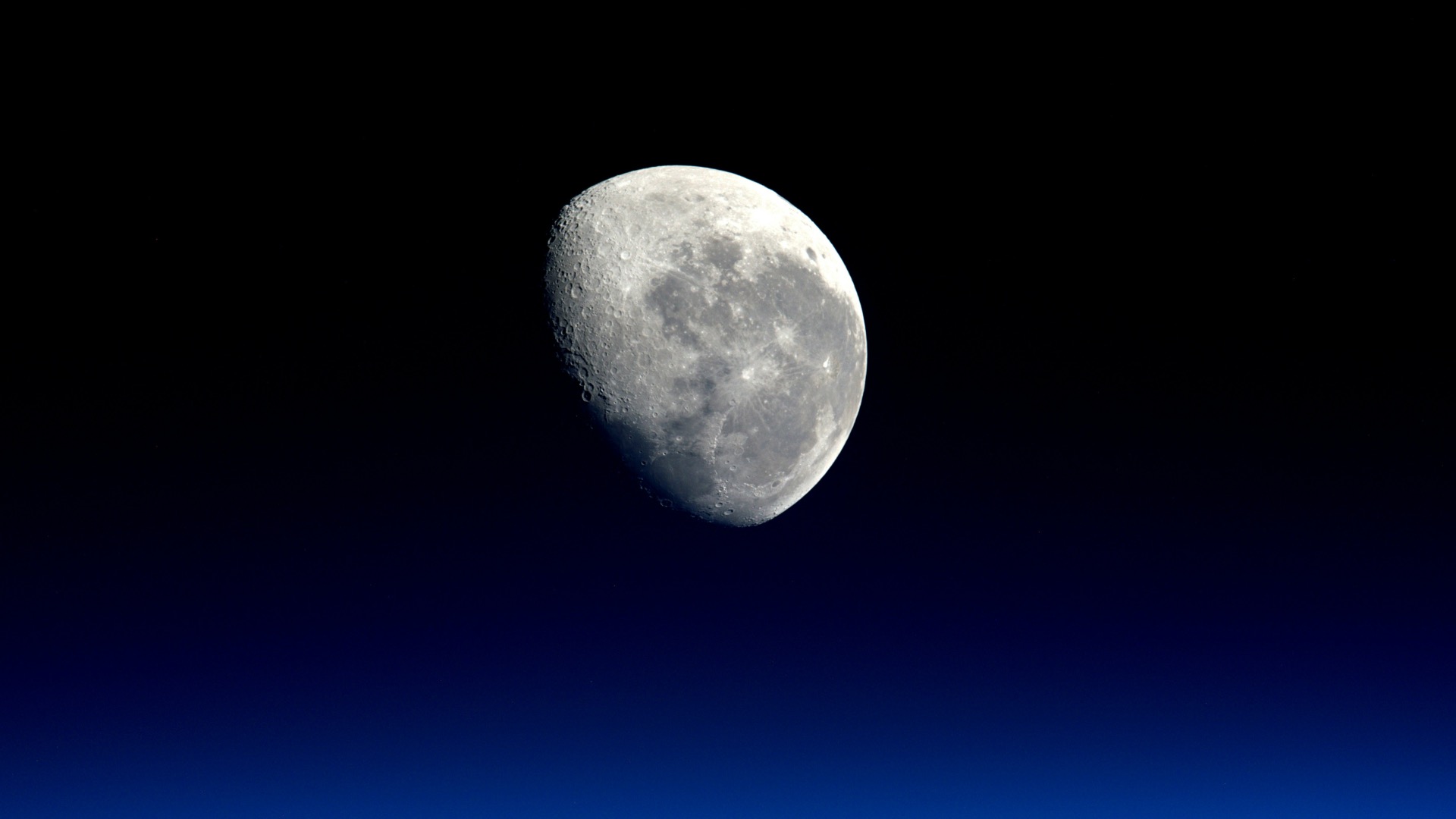Astronauts living and working in space face challenges far beyond what we experience on Earth. Not only must they adjust to floating in microgravity, but they also have to deal with stressors like sleep loss, isolation, and demanding workloads. A new study reveals how these unique conditions impact a critical ability: motor timing - the skill of performing movements with precise rhythm and coordination. These findings shed light on how space travel affects the human brain and body, offering vital insights for future missions to the Moon, Mars, and beyond.
Why Timing Matters in Space
Motor timing might not seem like a big deal, but it’s essential for astronauts. Tasks like piloting spacecraft, docking with a space station, repairing equipment, or conducting scientific experiments all require precise movements. If motor timing is disrupted, even routine tasks could become difficult, potentially putting missions at risk.
The researchers designed a simple test to measure timing. Astronauts were asked to tap a key in sync with a metronome and then continue tapping at the same pace once the metronome stopped. This test isolated motor timing from other factors like sensory input or muscle control, allowing scientists to focus specifically on how space conditions affect the brain’s ability to plan and execute movements.
What the Study Found
The study involved 12 astronauts aboard the China Space Station, who were tested before, during, and after space missions lasting three to six months. Their performance was compared to a control group on Earth. While astronauts maintained their ability to match the metronome’s rhythm, their timing became more inconsistent during their time in space. They could hit the beat, but their tapping rhythm varied more than usual.
This variability wasn’t due to muscle weakness or changes in physical coordination. Instead, it came from “central noise” - a type of disruption in the brain’s ability to plan and execute precise movements. The researchers believe stressors like disrupted sleep patterns, isolation, and high workloads played a significant role in increasing this brain-related noise.
What’s more, these changes didn’t improve over time. Even after months in orbit, the astronauts’ motor timing variability stayed elevated. It wasn’t until about a month after returning to Earth that their timing returned to normal, suggesting that prolonged exposure to stress in space has lasting effects.
The Role of Stress in Space
Life in space is nothing like life on Earth. Astronauts face a constant barrage of physical and psychological challenges. Microgravity disrupts their sleep-wake cycles, and long periods of isolation can take a toll on mental health. The intense workload, combined with the high stakes of their missions, adds another layer of stress.
While much of the focus in space research has been on how microgravity affects muscles and bones, this study highlights how stressors impact the brain’s ability to perform precise tasks. The findings suggest that the effects of space stress go beyond physical changes, directly influencing cognitive and motor performance.
What This Means for Future Space Missions
As space agencies plan longer and more complex missions, such as those to Mars, understanding how stress affects astronauts is becoming increasingly important. Tasks on these missions will demand even greater precision and focus, so maintaining motor timing will be critical.
This research opens the door to practical solutions. Pre-flight training could include strategies like mindfulness exercises, cognitive-behavioral therapy, or other stress management techniques to prepare astronauts for the unique pressures of space. In orbit, carefully designed work schedules that balance tasks and rest could help reduce fatigue and preserve performance.
Additionally, tools like real-time monitoring of brain activity could alert astronauts and mission control to early signs of cognitive overload, allowing for adjustments before performance declines.
A Step Toward Safer Space Travel
This study is a reminder that even simple tasks, like tapping in rhythm, can reveal a lot about how our brains and bodies adapt to extreme environments. By understanding how stress and microgravity affect motor timing, scientists are helping ensure that astronauts remain sharp and focused on their missions. As humanity pushes further into space, these insights will play a vital role in ensuring safety and success.
Space exploration is full of challenges, but studies like this bring us closer to overcoming them. By addressing the impact of stress on human performance, we’re not just preparing for longer missions - we’re building the foundations for a future where space travel becomes routine and normalized.


